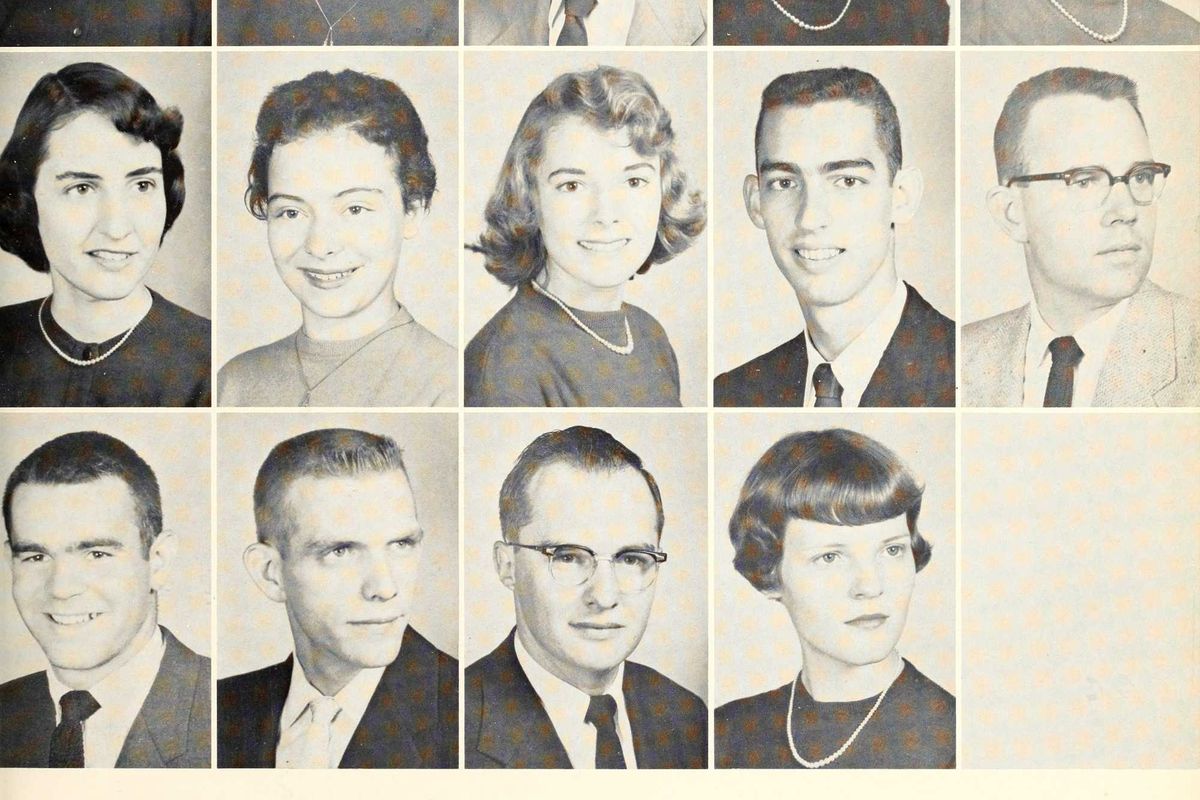Woman's heart-stopping experience at hotel reminds everyone to lock the latch behind them
A much-needed reminder.

Woman's experience reminds everyone to lock hotel door.
If you've ever stayed in a hotel, you know there's an additional lock you can latch as an added layer of protection. But sometimes weird things happen that make us rethink the comfort and security many of us take for granted. TikTok user TayBeepBoop had a disturbing experience when a hotel front desk person attempted to enter her room while she was inside. Some readers may find the story to be unsettling but it's a powerful reminder of exactly why situational awareness and caution are so important in today's world.
Tay, obviously frightened, uploaded clips from the event on her TikTok page, which has since garnered 6 million views. In the video, which is mostly the floor, door and bed, you can hear the man outside of her room knocking loudly asking to be let inside.
Tay asks the man repeatedly why he attempted to walk into her room using the hotel key to which the man explains there's a problem with the woman's car. There's only one problem. Tay doesn't own a car and is only in town on business where she did not rent a car to get around town, relying only on other modes of transportation. So, what the heck was the man doing at her door?
@taybeepboop Replying to @dani klarić this was a really long and hard video to make, it was sort of traumatizing and I’m kind of freaked out about staying anywhere now and I dont leave my house much anymore tbh because I already was dealing with PTSD about my safety. I’m OKAY which is why im able to go through this footage now. I genuinely don’t want anything to do with this hotel, this is a PSA to stay safe and cautious. I don’t want people to go after this worker because I still don’t know what his intentions were and he could have just been trying to do his job
Tay was staying at the hotel alone and made sure to latch the additional lock on her hotel room door, which is the only thing that prevented this hotel staff member from getting into her room. Since the situation was so scary and went on for quite some time according to her video, she called friends on FaceTime to be a witness and help comfort her. Eventually the man leaves after repeated attempts to get the scared woman to open the door and Tay was able to get a male business partner to escort her safely to another hotel.
But the comments were filled with stories from women who have had similar experiences. Many people explained the danger of admitting you're alone upon check-in, while other commenters sympathized with the woman not thinking to call the police right away. With people traveling more as COVID-19 restrictions subside, there could be a greater chance for things like this happening so it's best to be prepared and err on the side of caution when traveling alone.
Women on the Road has several tips for hotel safety including making sure your door lock works, putting a chair under the handle of the door or buying a rubber door stop. The site also highlights the importance of locking your windows if they open and not opening the door for people you don't know.
Another site geared towards safety is Solo Female Traveler and it recommends getting a floor higher in the hotel to make it more of a hassle for someone from outside to break in. It, too, reiterates the importance of locking the additional lock in the hotel room while you're inside.
While it's statistically unlikely you'll be a victim of a hotel robbery or whatever was happening with Tay, her experience is a reminder to research hotels and practice caution when traveling. Always, always, lock the deadbolt or chain.
This article originally appeared on 09.13.22





 Millennial mom struggles to organize her son's room.Image via Canva/fotostorm
Millennial mom struggles to organize her son's room.Image via Canva/fotostorm Boomer grandparents have a video call with grandkids.Image via Canva/Tima Miroshnichenko
Boomer grandparents have a video call with grandkids.Image via Canva/Tima Miroshnichenko
 Smiling at work, checking messages during a break.
Smiling at work, checking messages during a break. Man focused on his phone screen, deep in thought.
Man focused on his phone screen, deep in thought. Focused multitasking at the office.
Focused multitasking at the office.